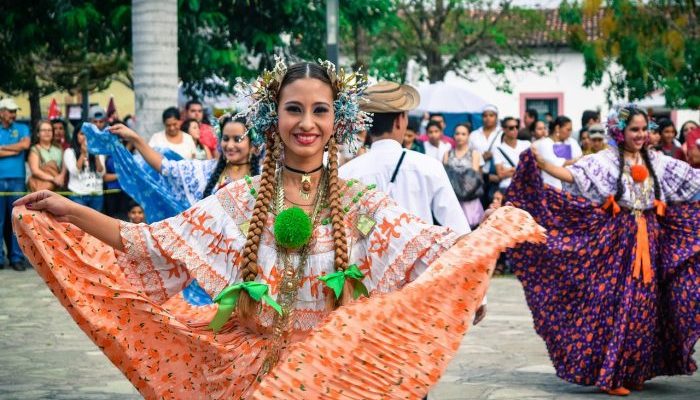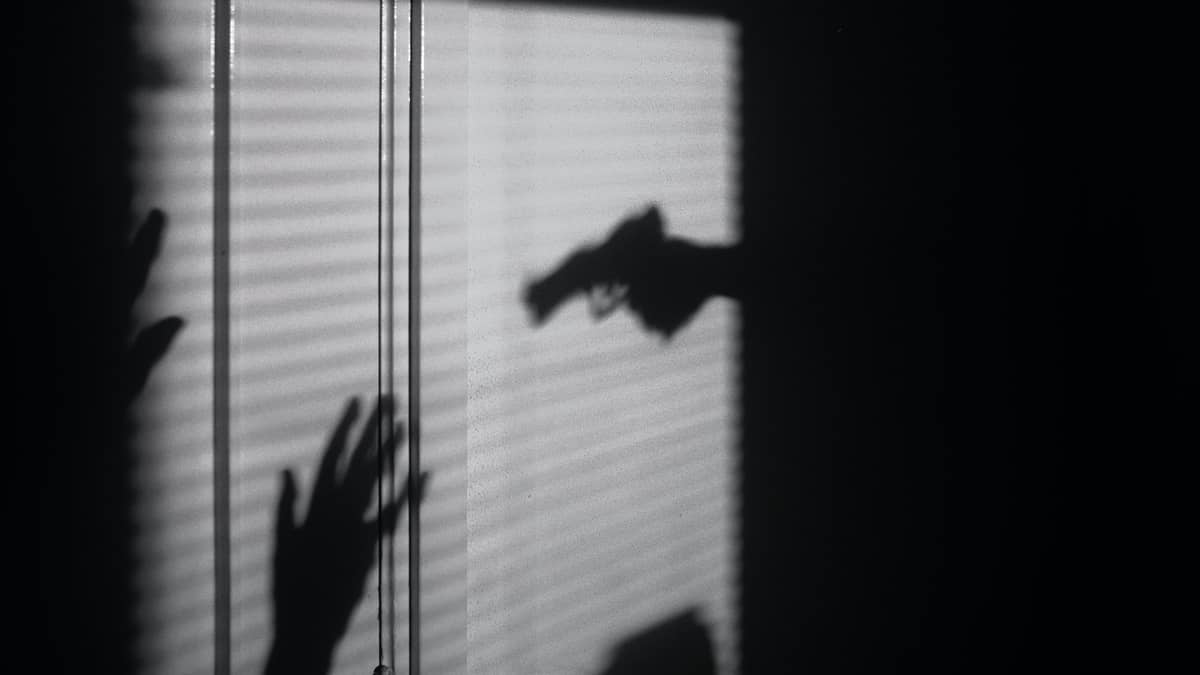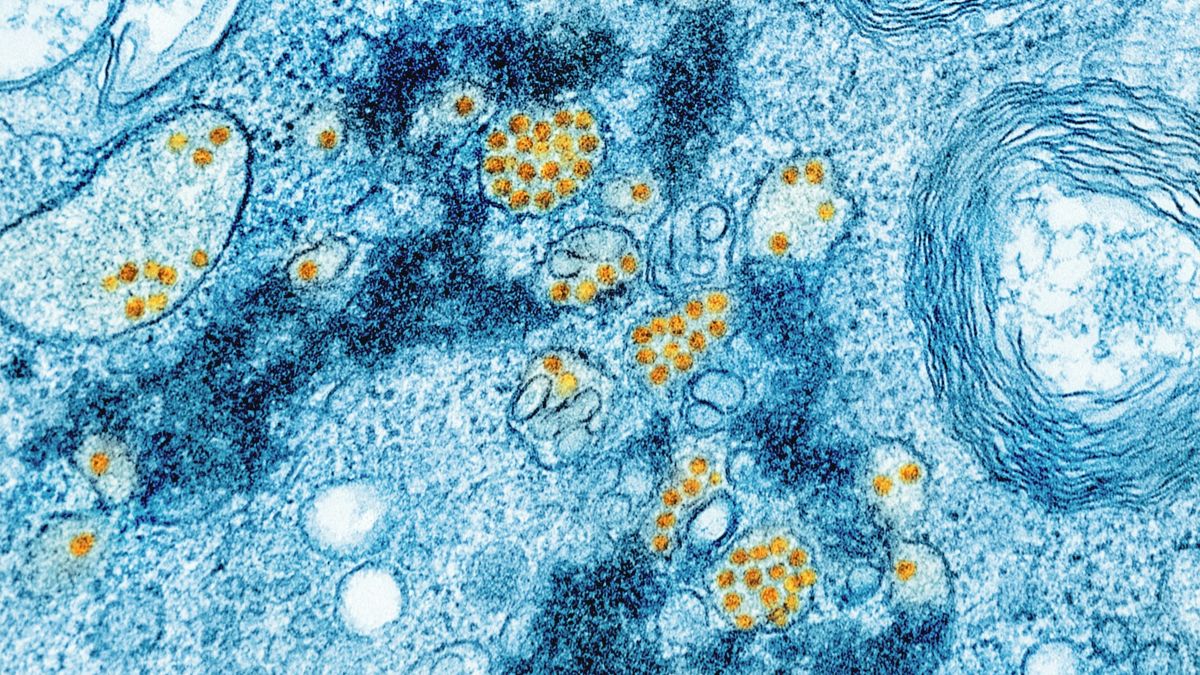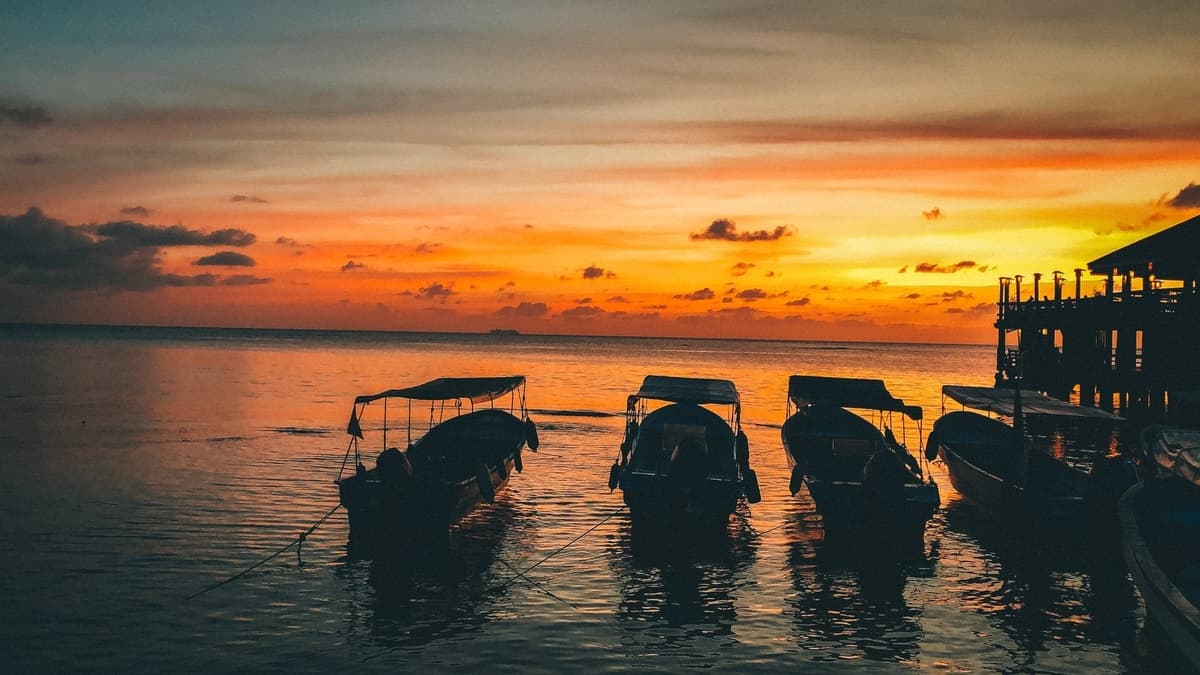Honduras is a complex country. After reading about its reputation and the horror stories, you could be forgiven for giving it a miss. It wouldn’t be unreasonable for you to question if it’s possible to stay safe in Honduras.
But what is happening in Honduras? Is it that dangerous? And for whom is it most dangerous? Will I be robbed? Will I be murdered? Is it safe at all?

First, you need to keep in mind that Honduras is poor and wealth is not distributed equally.
Salaries are low and there are not enough jobs. Small businesses often close because they can’t afford to pay the “war tax”. The war tax is the money gangs and organized crime charge local businesses to operate. Protection money, in other words.
Outside of the private hospitals, we have a terrible health care system in Honduras. The education level is poor, and our justice system can’t answer to crimes of any kind because it’s corrupt.
All this leads to a high rate of drug trafficking. This, in turn, means more violence and more involvement among young people in organized crime or gangs.
This is the reality for six out of ten Hondurans according to statistics published by the Economic Condition for Latin America and the Caribbean (CEPAL) in 2015. The fact that sixty percent of Hondurans live like this makes for a violent country.
If you understand this background, you are ready to visit Honduras.
So again, will I get robbed? Will I get murdered? Is Honduras safe for me?
Honduras is generally safe if you are traveling around. But there are six golden rules to follow:
- Ring Ring, No No. This rule means that one of the most common robberies in Honduras are cell phones. Keep your cell phone safe and try not to use it on public transport. Or while walking in the streets or in any other public place. If you are visiting a smaller town, you will be safe.
- The Devil’s Transportation. This means that certain types of public transport are not safe. I’ve asked many Hondurans that use public transport, and every single one of them says the following: “It’s better to use a public bus or a “rapidito” (small bus). If you get robbed it will be in a group and you will not be exposed in the same way that a random cab or a “colectivo” (shared cab) exposes you. If you are in a group it’s harder for them to kidnap, rob or rape you”. There is no Uber in Honduras, but we have “radio cabs” that work well and are safe. They won’t overcharge you like a regular street taxi and they are monitored through radio by a controller.
- Beware Of Men. If you are a girl or a group of girls, you will experience sexual harassment in most towns and cities. You will hear degrading and unpleasant comments about “how good you look”. The recommendation is to ignore these comments and keep walking strong. Any reaction may invite heavier aggression. If you are a guy, it’s rare, but some Honduran drunk guys may want to pick a random fight with you. The recommendation here is to walk away.
- Hide and seek. Do not carry your money, credit cards or passport with you. Walk with the cash you need and a copy of your passport. If you need to carry a lot of money or your credit cards, hide them well about your person.
- My money, your money. If you have the misfortune to get robbed, do not fight. Hand over everything right away, keep calm, try not to cry and do not resist.
- Panoramic View. Be aware of your surroundings, be aware of suspicious people, be aware of what’s going on.
You might be thinking, “This girl is crazy, how can she say Honduras is safe to travel around in?”
Well, here’s the good news. Hondurans respect travelers for the most part and rarely rob them. The vast majority of people only want to talk to you.

Honduras has much to offer. You can visit the Bay Islands with the second largest coral reef in the world. Check out Tela and its beautiful beaches. There’s Pico Bonito mountain and Celaque Mountain. Panacam at Cerro Azúl Meámbar national park, the waterfalls of Pulhapanzak at Yojoa Lake, and much more.
Follow the simple six golden rules and you will open the gates of a hidden paradise inside a public hell.
Honduras’s most dangerous cities or towns: Tegucigalpa, San Pedro Sula, La Ceiba, El Progreso, El Paraíso at Copán, Tocoa, Olancho, La Lima, Puerto Cortés.
Natalia Lozano is a Honduran lawyer, working in the fields of human, women’s, LGBT, and youth rights as the Honduran National Coordinator of Right Here Right Now. She is also an amateur clown and a dive master. She is on a mission to help people understand Honduras – it’s good and it’s bad – through her writing. Natalia lives in Tegucigalpa, Honduras.




